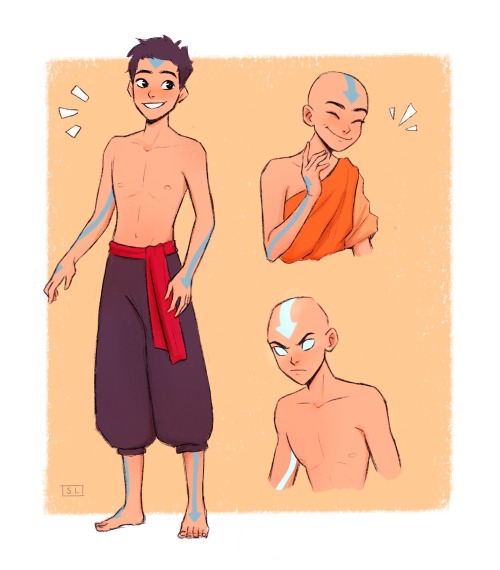Can't Stop Watching This
Can't stop watching this

More Posts from Ghiblibiotch and Others
He even made Emma Watson beatbox. No one escapes this man.


Well you know what my rule is, I make the reporter beatbox.
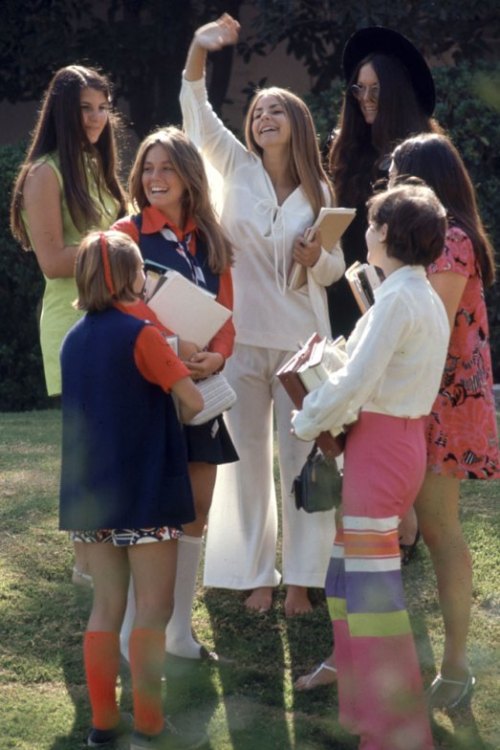



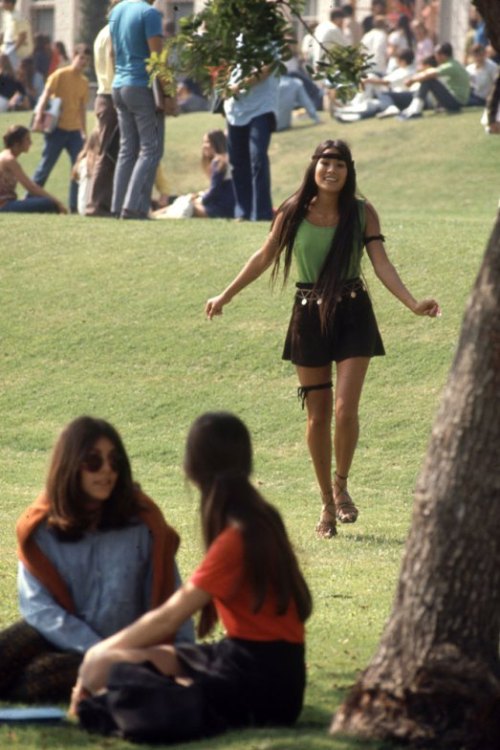
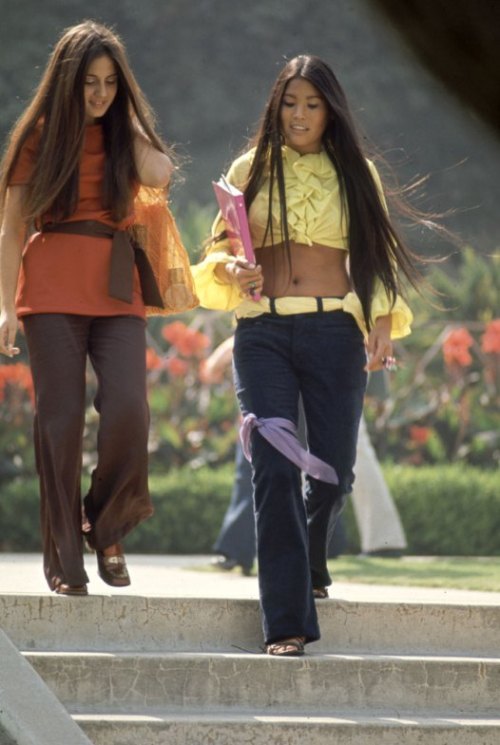
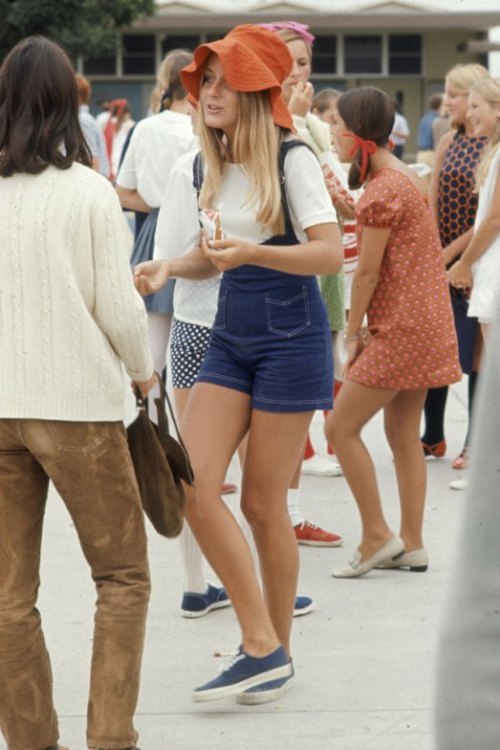


There are "complicated relationships" in media and there is writing a letter for the person who tried tried to mind wipe you several times, who you will kill in your next life, and starting said letter with a dramatic "My enemy. My friend." for said person to read while they die of radiation poisoning.
Hey @perisnoop
– –.. .- –. – –.. . –. – –.. .- –. – –.. .- –. – –.. .- –. – –.. .- –. – –.. . –. – –.. .- –. – .— .- –. – –.. .- –. – –.. . –. – –.. . –. – –.. .- –. – –.. . –. – –.. .- –. – –.. .- –. – –.. . –. – .— .- –. – –.. .- –. – –.. . –. – –.. . –. – –.. . –. – –.. .- –. – –.. . –. – –.. .- –. – –.. .- –. – .— .- –. – –.. .- –. – –.. . –. – –.. . –. – –.. .- –. – –.. .- –. – –.. .- –. – –.. . –. – –.. . –. – .— .- –. – –.. .- –. – –.. . –. – –.. . –. – –.. .- –. – –.. . –. – –.. .- –. – –.. .- –. – –.. .- -···-
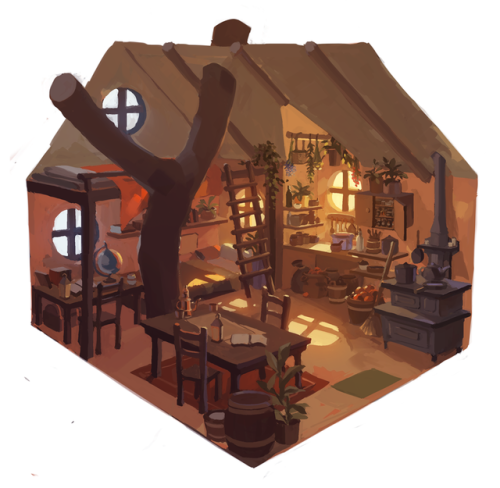
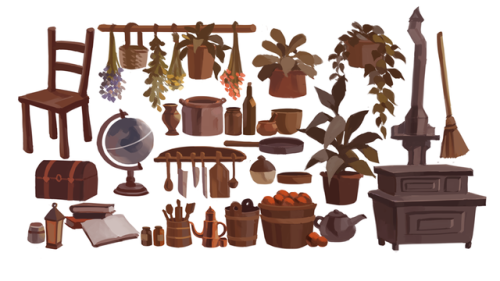

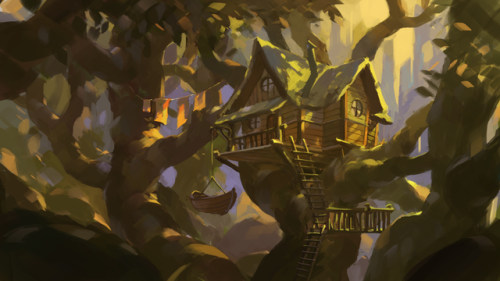
A treehouse for a little duo in the woods :)
Writing a Blind or Visually Impaired Character
A Multi-Step Guide Written by a Visually Impaired Writer and Blogger
I’m hoping this blog will over time develop its own following, and when it does people will inevitably see my bio and notice what I included: I’m visually impaired.
Yes, a visually impaired writer, and I’ve written with two blind characters before so I have some practice in the field.
So, inevitably, someone is going to ask how to write a blind character.
Or, at least, I hope you’ll ask someone who’s actually blind or visually impaired about writing a blind character before you get too involved with your new WIP.
I started writing this guide two hours ago and it’s gotten away from me. It make it a more manageable read, I’m going to separate it into X many parts, and each part will be linked.
Part One: Crafting the Blind Character
https://mimzy-writing-online.tumblr.com/post/185123396964/writing-a-blind-or-visually-impaired-character
Part Two: Writing the Blind Character, including narrative choice, visual description, verbal description, social interaction
https://mimzy-writing-online.tumblr.com/post/185125198184/writing-blind-or-visually-impaired-characters
Part Three: Tropes and Cliches to Avoid
https://mimzy-writing-online.tumblr.com/post/185124340794/writing-blind-and-visually-impaired-characters
Part Four: What Your Blind Character Needs to Survive and Not Die
[Not written yet, but this is the reserved spot for it]
Part Five: Small Aspects of being Blind You Never Thought Of
https://mimzy-writing-online.tumblr.com/post/185134862519/writing-a-blind-of-visually-impaired-character
Part Six: Should You Cure Your Character’s Blindness? (Short Answer: No)
https://mimzy-writing-online.tumblr.com/post/185125880559/writing-a-blind-or-visually-impaired-character
-New- Writing Blind Characters Falling in Love, an Advice Post:
https://mimzy-writing-online.tumblr.com/post/186276022234/writing-blind-characters-falling-in-love-an
-New- Writing Blind Jokes (Should You Do It?)
https://mimzy-writing-online.tumblr.com/post/187906205649/writing-a-blindvisually-impaired-character-blind
-New- A small essay addressing the frequently asked question on giving your blind character a superpower to help them “see.”
https://mimzy-writing-online.tumblr.com/post/187913512454/blind-characters-and-superpowers
-New- Mourning My Vision, it’s More than Depression. A small personal essay addressing the nuances of the mourning period you experience with a new disability. The mourning period is mentioned in other guides, but this is more detailed.
https://mimzy-writing-online.tumblr.com/post/188649694569/mourning-my-vision-its-more-than-depression
All parts will be tagged #blindcharacter in my blog, and I will add links to every post as I finish each part. Follow my blog for more writing advice.





A few friends and I are thinking of making an animated something based on His Dark Materials. We’re taking our time on this one to get it right.
Here, the people I’ll be working with. From top to bottom: @shliten, @matthieudaures, @leareymauzaize , @kojad and @cy-lindric with their daemons !
Writing Female Characters
Anushia Kandasivam: So, Brandon, you just introduced a really amazing female character [Spensa] to us. Your female characters throughout all your books are resourceful and independent. Some of them are leaders, some of them go through very interesting journeys of growth and self-discovery. Some of your female characters, like Vin and Sarene, they have mentors and teachers who are men, but their decisions about who to be and what to do are always their own. They always have agency. Was it a conscious choice to write these female characters and their journeys like this, and can you tell us if the process was easy or difficult?
Brandon Sanderson: So, there are a number of different responses to this. One is, I came into fantasy by way of some excellent female novelists that I highly recommend. Barbara Hambly was my first experience with fantasy, and then Anne McCaffery, Melanie Rawn, and Jane Yolen were kind of my introduction to fantasy. It's how I got pulled into it. To the point that when I was first given a David Eddings book, I was hesitant, because I was like, "Is this a genre guys can write?" was my honest reaction to that.
So, when I started writing my own books, I knew I wanted to do a good job with this, but I was really bad at it at the start. It was very embarrassing to me as a writer. And this happens to all new writers. There are things that you want do that, in your head, you imagine yourself doing very well, and then when you start out, you just do poorly. And the later in life that you start writing your stories, the more you're generally able to recognize how poorly you're doing things that you want to do well. And my very first book, that I didn't publish, particularly the female lead was very generic, and written very much to fill the role of love interest rather than to be a character. And I recognized it, even as I was writing it, but I didn't know how to do it differently. And it took practice. It took a lot of work. It really shouldn't, on one hand, right? Write the characters as people. rather than as roles. That's what you have to learn is - everybody is the hero of their own story in their head. They're the protagonist, whoever they are. And writing the characters so that they view themselves that way, and so they have autonomy, and they aren't being shoved around by the plot or by the protagonist, or things like this, but it's just very hard to do. I had a lot of early readers who were very helpful. I often credit my friend Annie as being one of the big reasons why Sarene eventually ended up working in Elantris. And she gave me some early reads, and things like this.
But, you know... it is hard to abandon our own preconceptions that we don't even know are there without practice, effort, and somebody pointing them out to you. And it was just a matter of practice and trying to get better. And I still think that there are lots of times I get it wrong. And you mentioned Mistborn. And I was really determined that I was going to do a good female protagonist. I try to stay away from the kind of cliched term "strong female character." Because we don't talk about "strong male characters."
We talk about characters who are distinctive, interesting, flawed, and real people. And I was determined to do this with Vin. And I feel like I did a pretty good job. But, of course, I had a completely different blind side in that I defaulted to making the rest of the crew that Vin interacts with all guys.
This is because my story archetype for Mistborn was the heist novel, the heist story, and my favorite heist movies are Ocean's Eleven and Sneakers and The Sting, and these are great stories. I absolutely love them. But they all are almost exclusively male casts. And that's not to say that, you know, someone can't write an all-male cast if they want to. But it wasn't like I had sat down and said, "I'm intentionally going to write an all-male cast." I just defaulted to making the rest of the cast male because that was the archetype that was in my head, that I hadn't examined.
And so, when I got done with those books, I looked back, and I'm like, "Wouldn't this have been a better and more interesting story if there had been more women in the cast?" And I absolutely think it would have been. But becoming a writer, becoming an artist, is a long process of learning what you do well, what you do poorly, what you've done well once and want to learn how to replicate, what you've done poorly and want to learn to get better at. It's a very long process, I think, becoming the writer that we want to be.
-
 zagreusdaughter liked this · 1 year ago
zagreusdaughter liked this · 1 year ago -
 bookishtheaterlover7 liked this · 1 year ago
bookishtheaterlover7 liked this · 1 year ago -
 flyingdeadcrows reblogged this · 4 years ago
flyingdeadcrows reblogged this · 4 years ago -
 humansmakemyassitch reblogged this · 5 years ago
humansmakemyassitch reblogged this · 5 years ago -
 captstefanbrandt reblogged this · 5 years ago
captstefanbrandt reblogged this · 5 years ago -
 taiscerayne2426 reblogged this · 5 years ago
taiscerayne2426 reblogged this · 5 years ago -
 sleepineskpop reblogged this · 5 years ago
sleepineskpop reblogged this · 5 years ago -
 melachonicallyawaredvirgo reblogged this · 5 years ago
melachonicallyawaredvirgo reblogged this · 5 years ago -
 sandraohhhstan reblogged this · 6 years ago
sandraohhhstan reblogged this · 6 years ago -
 josiecarioca reblogged this · 6 years ago
josiecarioca reblogged this · 6 years ago -
 machetelanding reblogged this · 6 years ago
machetelanding reblogged this · 6 years ago -
 sirgnomethegiant reblogged this · 6 years ago
sirgnomethegiant reblogged this · 6 years ago -
 justreadingfics reblogged this · 6 years ago
justreadingfics reblogged this · 6 years ago -
 the-iridescent-phoenix reblogged this · 6 years ago
the-iridescent-phoenix reblogged this · 6 years ago -
 kickrockswithflipflops reblogged this · 6 years ago
kickrockswithflipflops reblogged this · 6 years ago -
 ask-genie reblogged this · 6 years ago
ask-genie reblogged this · 6 years ago -
 wickedtranscendent liked this · 6 years ago
wickedtranscendent liked this · 6 years ago -
 roundpuzzlepieces reblogged this · 6 years ago
roundpuzzlepieces reblogged this · 6 years ago -
 ilovemesomekillianjones reblogged this · 6 years ago
ilovemesomekillianjones reblogged this · 6 years ago -
 questionablespecies reblogged this · 6 years ago
questionablespecies reblogged this · 6 years ago -
 dezzzz84 reblogged this · 6 years ago
dezzzz84 reblogged this · 6 years ago -
 lillyko reblogged this · 6 years ago
lillyko reblogged this · 6 years ago -
 landinginsidemygrave reblogged this · 6 years ago
landinginsidemygrave reblogged this · 6 years ago -
 princess-smokeahontas reblogged this · 6 years ago
princess-smokeahontas reblogged this · 6 years ago -
 journeymanfool reblogged this · 6 years ago
journeymanfool reblogged this · 6 years ago -
 avengedqueen26-inactive reblogged this · 6 years ago
avengedqueen26-inactive reblogged this · 6 years ago -
 piwta-kai-oneira reblogged this · 6 years ago
piwta-kai-oneira reblogged this · 6 years ago -
 seraphinitegames reblogged this · 6 years ago
seraphinitegames reblogged this · 6 years ago -
 aresaphrodites reblogged this · 6 years ago
aresaphrodites reblogged this · 6 years ago
